Admissions/Recruitment 1. Honors Recruitment: Retention Strategies Beyond the May 1st Deadline
Carrie G. Connolly, Ed.D., Virginia Commonwealth University
Recruitment and retention of Honors students is essential for any successful Honors program. High-achieving students have numerous aspirations and goals to accomplish during undergraduate studies, and at times Honors programs can struggle to compete as a top priority for students. Given the virtual recruitment we have seen since the pandemic, we now have students and families still contemplating their options during summer orientation. Recruitment no longer ends with the May 1st admissions deadline. In addition, with concerns about increasing national student debt, parents and students often view Honors as extra or not beneficial towards a bachelor’s degree. As such retention as well as admissions and recruitment can be challenging for Honors programs.
This presentation will examine recruitment and enrollment strategies implemented by the Honors College at Virginia Commonwealth University, a large, public university in Richmond, Virginia. While the VCU Honors College welcomed the largest first year class to date in Fall 2020, our first-year admissions numbers then steadily declined while the university's overall enrollment began to rise. Through analysis of university admission trends and student evaluation data, the VCU Honors College admissions team was able to launch several new recruitment and enrollment initiatives this past year. We will discuss what was implemented, the data that supported these adjustments and share results from the last recruitment cycle.
However, enrollment cannot rely solely on admissions. Retention plays a large role as well. In addition to reviewing admissions data as we made adjustments on recruitment strategies, we also reviewed academic advising data. The VCU Honors College completed an academic advising assessment in 2022 and that data was used to create targeted interventions for first year students at risk of not matriculating to the University after acceptance or withdrawing from the Honors program once already on campus. We will review the importance of advising assessment and utilizing it as a tool to assist with retention and recruitment.
Strategies need to be intentional, and having the correct data on hand to make well informed decisions is crucial. With many Honors programs needing to constantly advocate for funding for new initiatives, this presentation will not simply share best practices but also review data collection and procedures to capture what is most important to reach your program’s recruitment goals.
